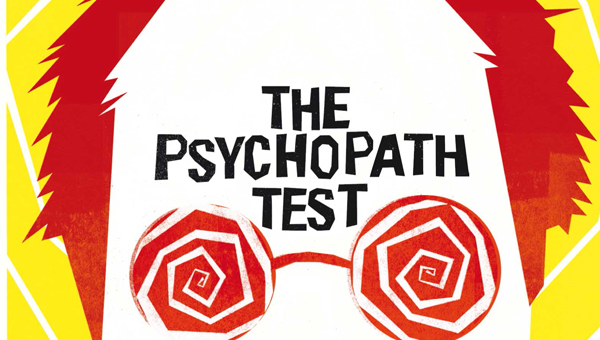We recorded the first Faber Academy podcast last autumn. The aim is very simple: to bring together two writers (or a writer and editor) and get them to discuss a theme or a skill likely to be of interest to other writers. The guests on each programme select a text to focus the discussion and to give listeners something read (or reread) afterwards. My guests on this first podcast were novelist Louise Doughty (above left), author most recently of Apple Tree Yard, and her editor at Faber, Sarah Savitt. The text they chose was Anne Enright’s The Forgotten Waltz, and the theme Unreliable Narrators. The podcasts are free, not tied to any particular course, and not intended to sell you something. While they are principally aimed at new writers, my hope is that hearing authors talk about what they have worked out about their craft will also be of interest to readers. In this first podcast, among the things we touch on are: keeping a writer’s notebook, reading with a novelist’s eye, self-delusion, John Le …

